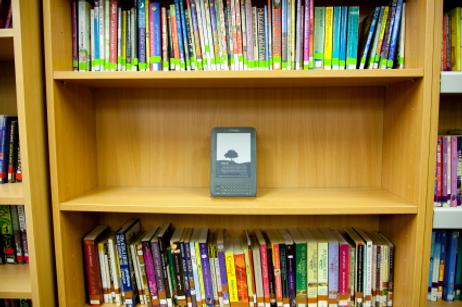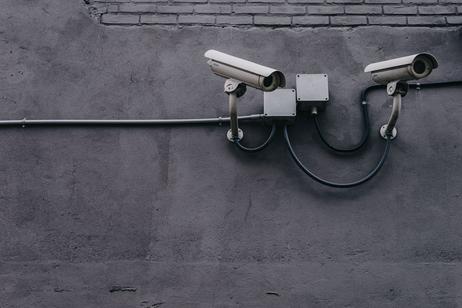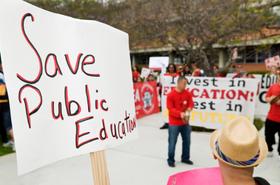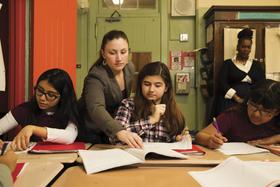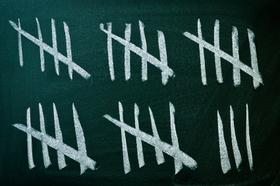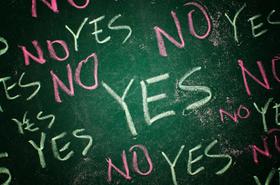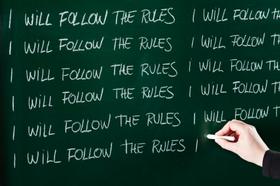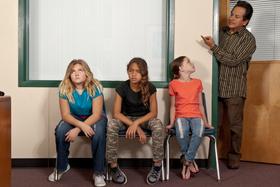Forget Adam and Eve or sex education. The latest curriculum controversy surrounds global warming. In fact, South Dakota’s legislature recently passed a resolution that called for the “balanced teaching of global warming.” Global warming, the resolution states, is “a scientific theory rather than a proven fact.”
Some States Mandate That “Both Sides” of Global Warming be Addressed
According to the New York Times, South Dakota is not the only state to have introduced legislation addressing the question of how global warming should be taught in schools. Among the other states that have taken or are considering such steps include:
- Texas - The Texas Board of Education declared in 2009 that public school teachers must present both sides when discussing global warming and evolution.
- Kentucky – A bill recently introduced in the Kentucky legislature encourages teachers to discuss “the advantages and disadvantages of scientific theories,” as the Times reports, including “evolution, the origins of life, global warming and human cloning.”
- Louisiana – Louisiana’s state legislature passed a law in 2008 that says that the state board of education “may assist teachers in promoting ‘critical thinking’” on subjects such as evolution and global warming, according to the Times.
This video from PBS looks at attempts to rein in climate change education.
Why Global Warming and Evolution Are Linked Together
Legislators may be using the question of whether global warming should be taught as a




